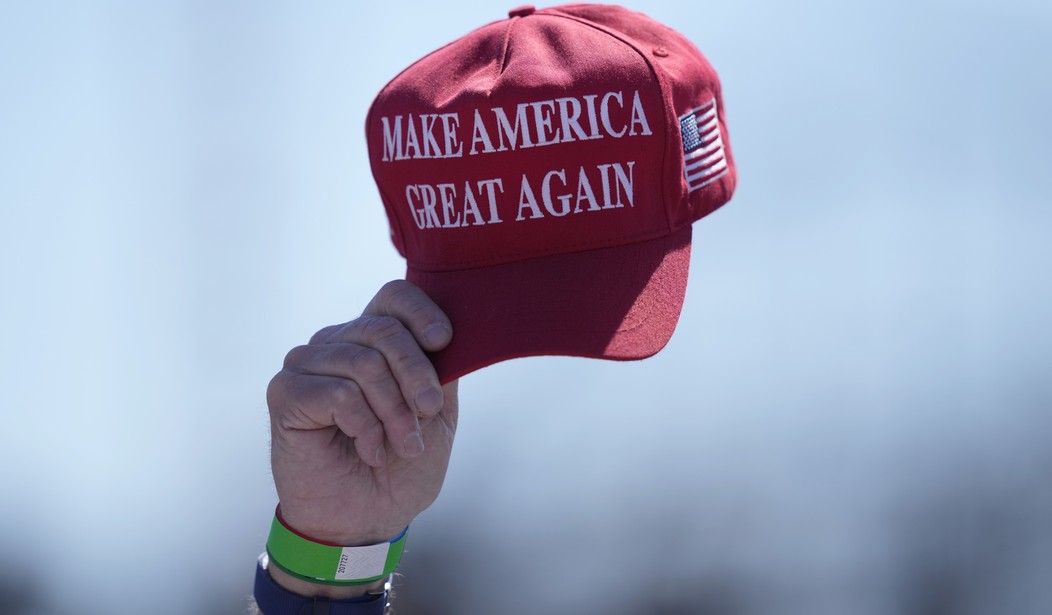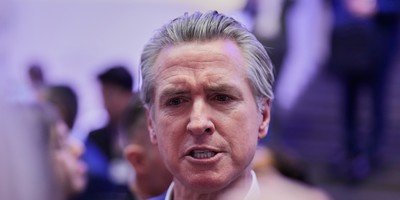America has a hope problem. A survey of 2,500 people commissioned by the National True Cost of Living Foundation showed that 65% of middle-class Americans are struggling financially. But it’s not just the middle class. That same survey found that 40% of people in all income brackets cannot make financial plans beyond their next paycheck, and that nearly half of respondents don’t have $500 in the bank.
Given the rate of inflation over the past three-plus years, these results are not entirely surprising. While inflation is slowly receding from a high of more than nine percent in the summer of 2022, cumulative inflation has resulted in prices that have risen faster than wages. Americans across the board have watched their spending power drop by thousands of dollars a year.
But there was one aspect of this survey that was neglected by most news media covering it, and it’s heartbreaking. Writing for The Dallas Express, Sydney Asher reported, “most middle-class Americans believe they will struggle financially for the rest of their lives,” (emphasis added). This can be described only as despair.
Americans have seen hard times before, and we always knew that better days lay ahead. No more. Millions of people now believe they are fated to struggle financially forever. There was a similar moment 45 years ago, albeit not quite so hopeless, and it was acknowledged by then-President Jimmy Carter.
In his nationally televised address to the nation in 1979, often called the ‘Crisis of Confidence’ speech, Carter recognized the national mood saying, “For the first time in the history of our country, a majority of our people believe that the next five years will be worse than the past five years.” Forget about the next five years; Americans believe their economic hardship will continue until they die.
Recommended
With this level of hopelessness, it’s natural to wonder why it’s happening and the answer is simple. It’s happening because people in power want it to happen. There is no other explanation. The policies and laws resulting in such widespread despair are not simple mistakes or errors in judgment. They are deliberate.
There is a well-established track record of governments throughout history consciously inflicting despair among people. Mao Zedong’s Cultural Revolution and the Ukrainian famine during the Joseph Stalin era of the Soviet Union are but two historical examples of political elites purposely subjecting their people to hopelessness.
This unprecedented level of American despair is symptomatic of declining confidence in our government. Consider the program to build more charging stations for electric vehicles. In 2021, Joe Biden signed into law a bill dedicating up to $7.5 billion to install half a million EV charging stations. Nearly three years later, eight have been built. Much of the reason for this epic failure is the preposterous regulatory and cultural demands imposed on contractors to install these charging stations. Building eight charging stations does not inspire confidence.
This decline in confidence is spawned by more than the Biden administration’s failure to build charging stations. Myriad policies - free housing and food for illegal aliens; student loans of people with six-figure incomes paid off with taxpayer money; Russian warships plying the waters off Florida - are similarly despair-inducing, and the result of deliberate policies.
We often look to politicians for solutions to our despair, and we may find one or two who can help before our national melancholy further metastasizes. Until then, there are other sources of hope, not the least of which is the Bible. Paul’s letter to the Romans encouraged the church when he wrote, “May the God of hope fill you with all joy and peace in believing, so that by the power of the Holy Spirit you may abound in hope.”
Seven hundred years earlier, the prophet Jeremiah assured the Israelites, “For I know the plans I have for you, declares the Lord, plans for welfare and not for evil, to give you a future and a hope.” Jesus Christ provided the most succinct message of hope for all who would listen. John’s gospel records Jesus saying, “Let not your hearts be troubled.”
The inspiration of the Bible probably won’t ease anyone’s financial struggle; I’m not a “prosperity gospel” guy. But it can and does ease the despair that accompanies economic hardship. For those seeking a secular approach to our national malaise, there’s always Franklin Roosevelt. In his March 1933, inaugural address, delivered when America’s unemployment rate hovered around 25%, he said, “These dark days will be worth all they cost us if they teach us that our true destiny is not to be ministered unto, but to minister to ourselves and to our fellow men.”
America climbed out of that hole, and we can climb out of this one if we do what needs to be done.

























Join the conversation as a VIP Member